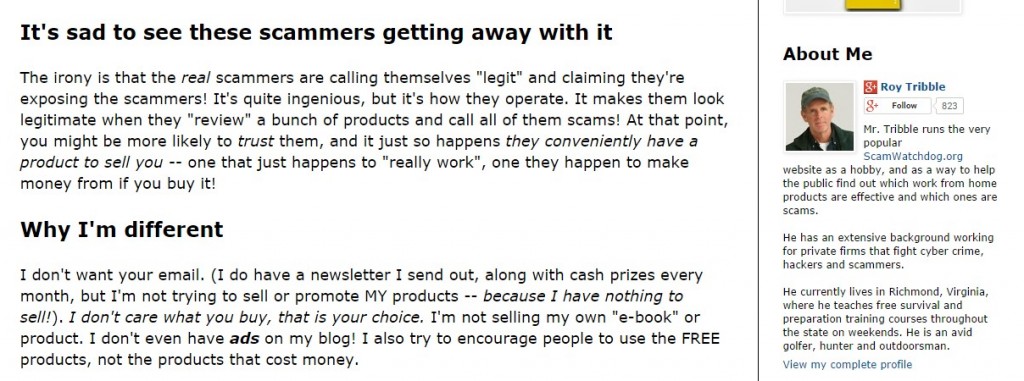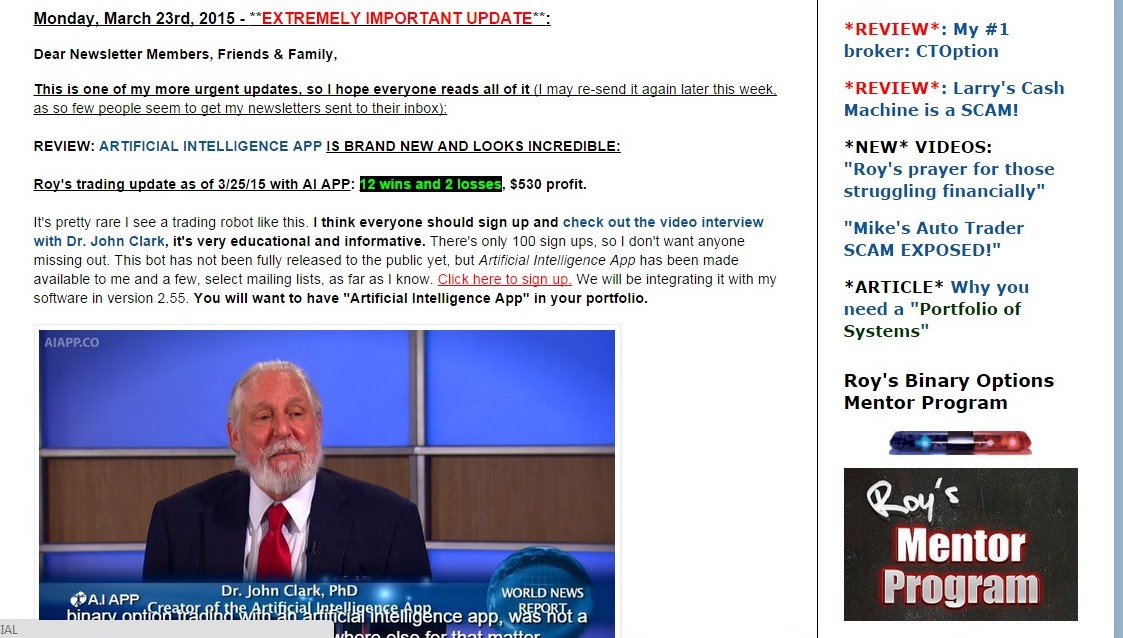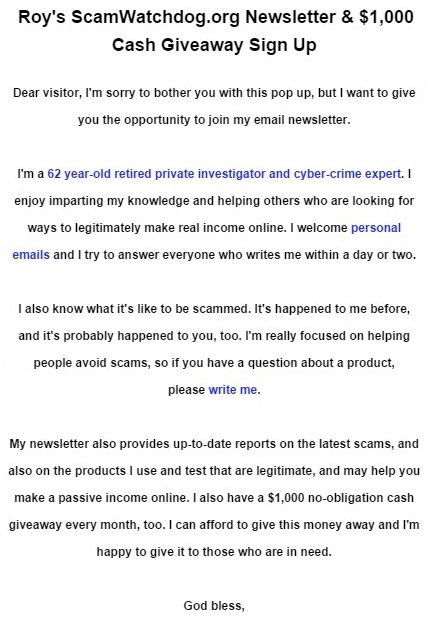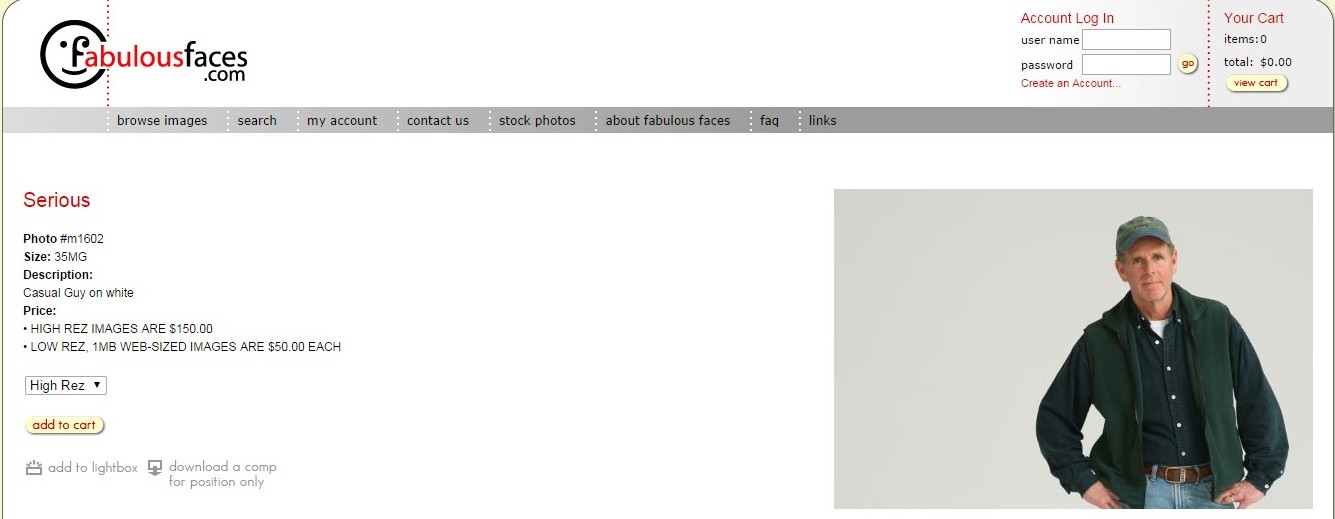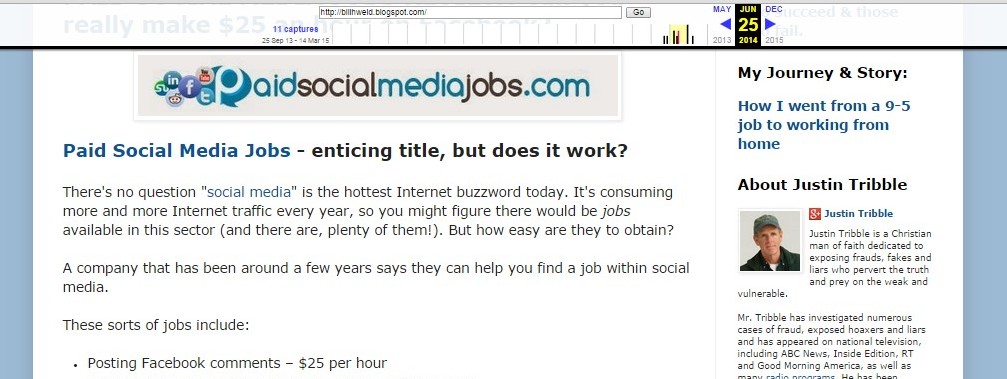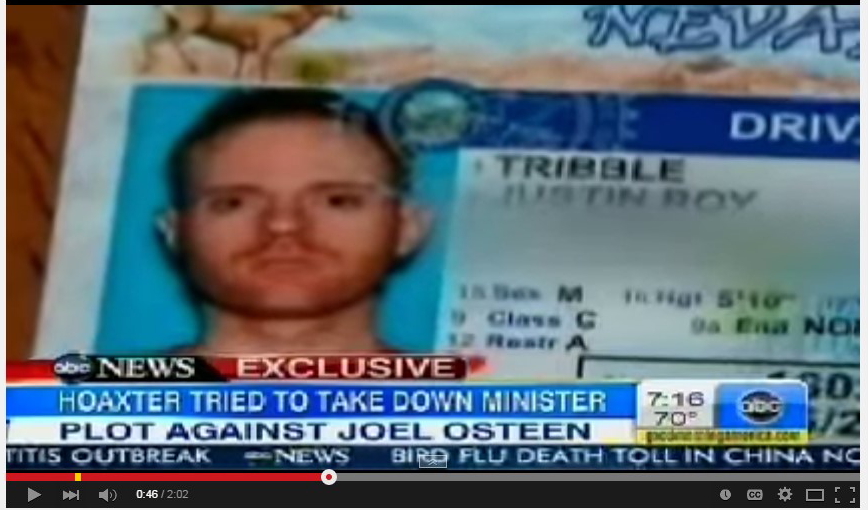According to the National Association of Child Care Resource & Referral Agencies, parents in the United States pay an average of $11,666 per year for daycare. Nationally, daycare prices range from $300 to $1,564 per month, and can even be as high as $2,000 per month in expensive cities like Boston or San Francisco.
Cost alone is why many parents choose to start their own daycare at home. However, you need not be a parent in order to start a daycare; at-home daycare can also be a lucrative business.
How to Start Your at-Home Daycare
- Find out your state requirements.
Daycare licensing regulations vary greatly state-to-state, so don’t assume that what’s OK in one state is OK in another. The biggest difference between states has to do with required caregiver licensing as a function of the number of children in your care (that are not your own). In some states like South Dakota, you can care for as many of 12 children without needing a license, while in states like Texas, you must have a license to care for even one child.
- Get registered.
Even if you don’t need to be licensed in your state for the number of children in your care, all states do require that you at least register as a family daycare provider. Luckily, most state registration forms are easy to fill out and require not much more than your name and insurance company information. Speaking of which…
- Get insured.
Kids are prone to fall, get injured and generally get into trouble. Protect yourself, your business and your assets by buying daycare insurance early on. Most major insurance carriers offer daycare insurance, which is really just a form of business liability insurance.
- Get incorporated.
Along the lines of protecting yourself, you should become incorporated as an LLC to protect your personal assets from being seized in the event of a lawsuit. If you operate your at-home daycare as a DBA (doing business as) or sole proprietorship only, you risk losing your home and other personal assets to a court judgment made against you. By having an LLC in place, you only risk losing your business.
- Perform necessary home improvements/adjustments.
For a variety of reasons, you should childproof your home. Install gates in areas leading to stairs, cover all electrical outlets, and lock your firearms. You should also keep a fire extinguisher in your kitchen. If you have a backyard, it will probably need to be completely fenced in and safeguarded from physical dangers like a swimming pool and/or fire pit.
- Get CPR and first aid trained.
Despite your best intentions and preparations, kids are prone to choking on things as well as cutting and/or injuring themselves. To prevent a possible tragedy, you should get trained in lifesaving techniques like CPR and first aid.
- Prepare for a site inspection.
If you opt to become licensed, the state’s department of health will pay you a visit at your established daycare facility to make sure your environment is up to code with state safety and cleanliness requirements. Some states will periodically inspect your home even if you are only registered and not licensed.
Common inspection points are listed on your specific state’s inspection application, such as this one offered by the State of Connecticut. Keep in mind that staff and child immunization is also considered part of facility safety.
- Check your contractors and/or employees.
Most states require that hired employees pass a background check and not be felons and/or convicted sex offenders. This means that you will need to conduct background checks on anyone you hire and pay for services.
Additional at-home daycare considerations
While these are the most basic requirements for starting an at-home daycare, they are just the beginning. The following items should also be considered, especially if you wish to maintain your business for many years and be profitable.
Revenue. As with any business venture, you’ll want to calculate how much money you need to generate per month/year in order to make revenue and a decent profit from your venture. Knowing this amount before you start your business is ideal because it will help you plan for licensing (or not) and negotiate a fair price for your services.
Marketing. It’s easy to forget that your business should always be undergoing some kind of marketing. You can advertise your at-home daycare by buying an ad in the local newspaper, by putting up flyers in stores and other public buildings, or even by using email sign-ups to disseminate your services and messages.
Education. Although it’s not absolutely necessary, you could eventually consider taking early childhood classes. By having this education under your belt, you’ll be more qualified for your job and thus more justified in commanding a higher price per child. Likewise, knowing how young minds work will help you better manage your brood and keep everyone in line (as opposed to destroying your house).
Finally, education opens up additional career directions to you; for example, you might wish to apply your newfound skills and open up a preschool or an after-school structured study program. You might offer early education tutoring as well as daycare. All these added options help raise your daycare rate.
Summary
Home daycare businesses can be lucrative and allow you to take care of your own kids by staying at home. While there are some hurdles to overcome in getting started, at-home daycares actually don’t require a lot of startup capital. Furthermore, the business can be started by nearly anyone.

